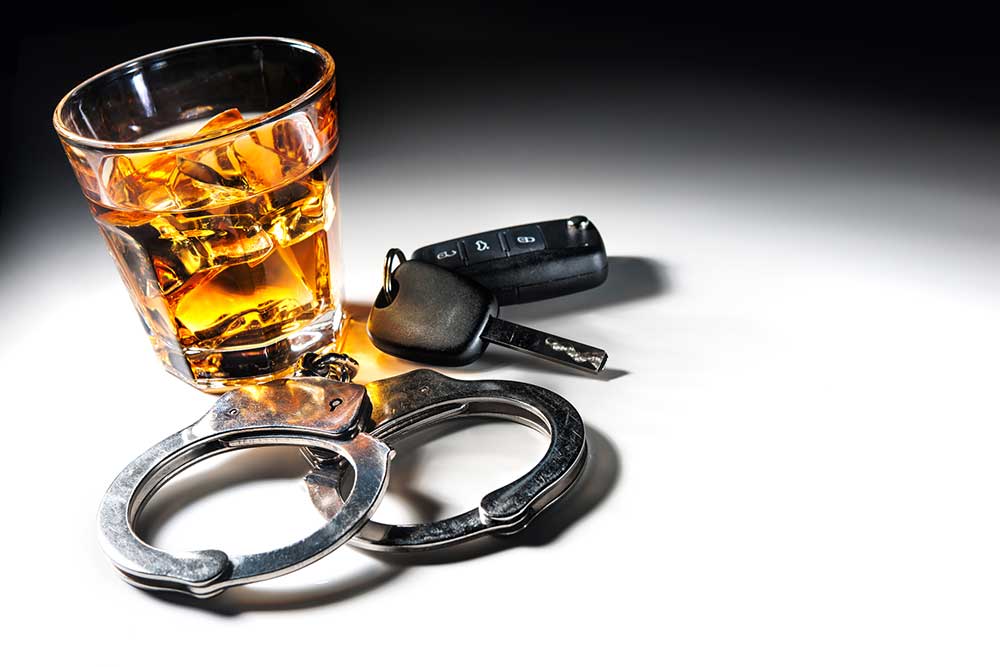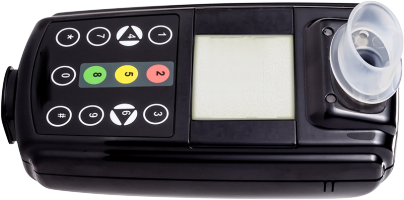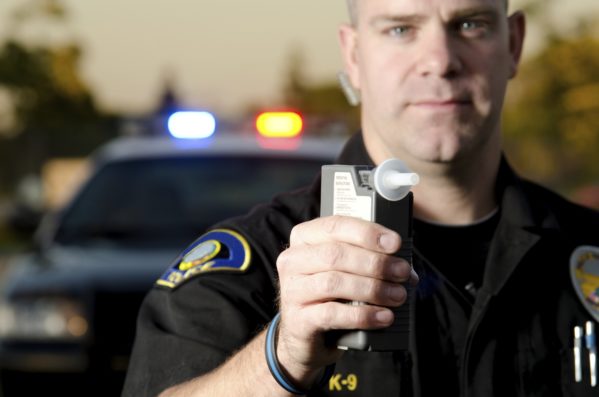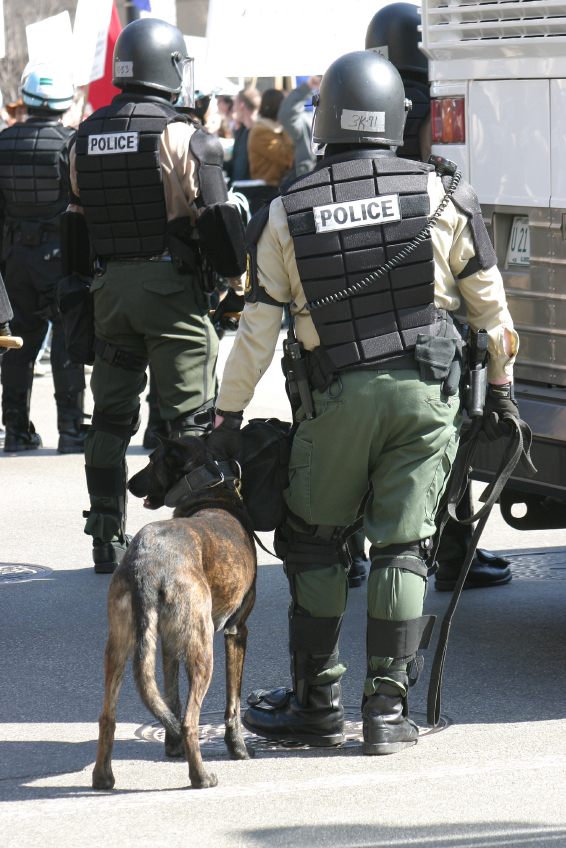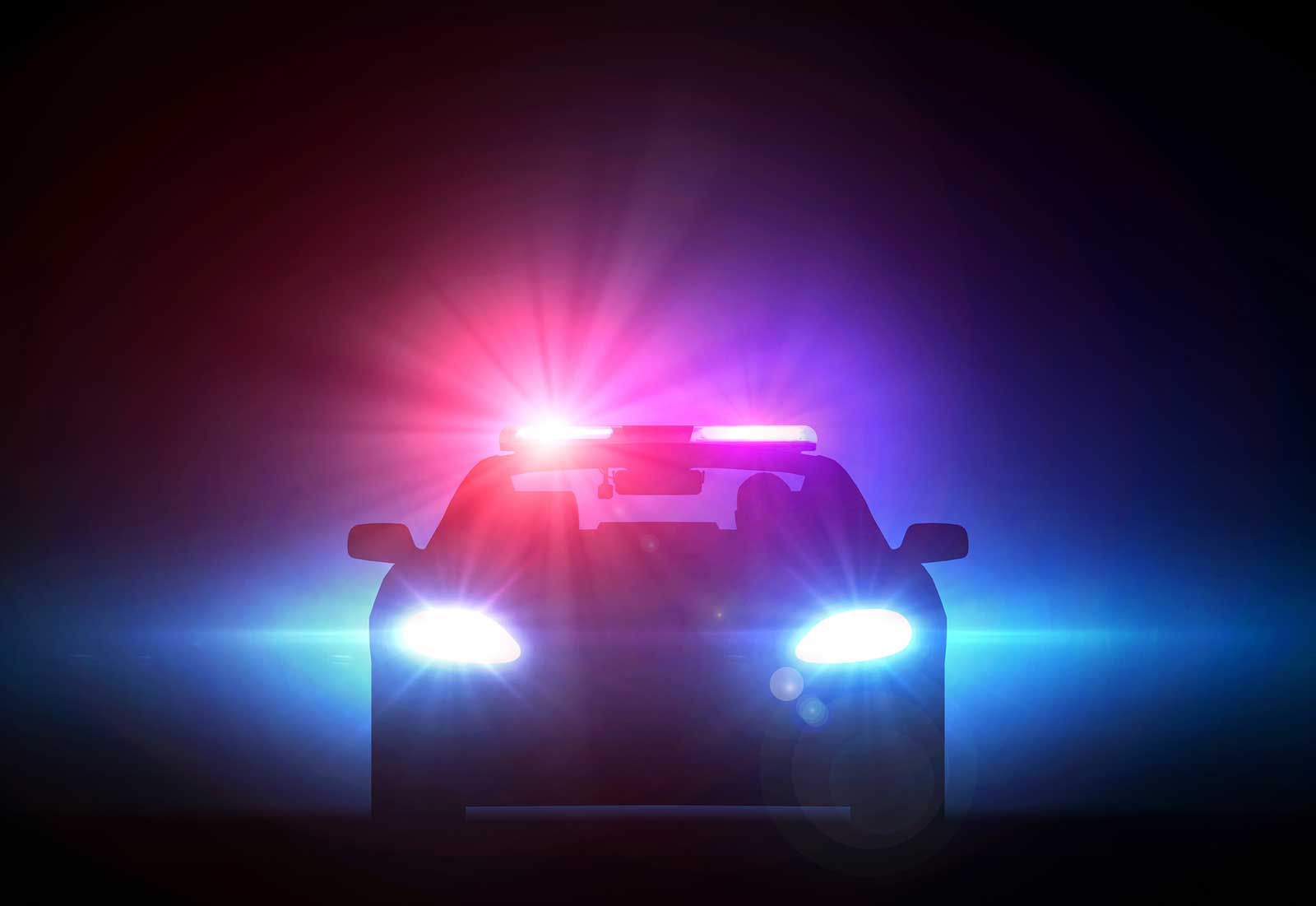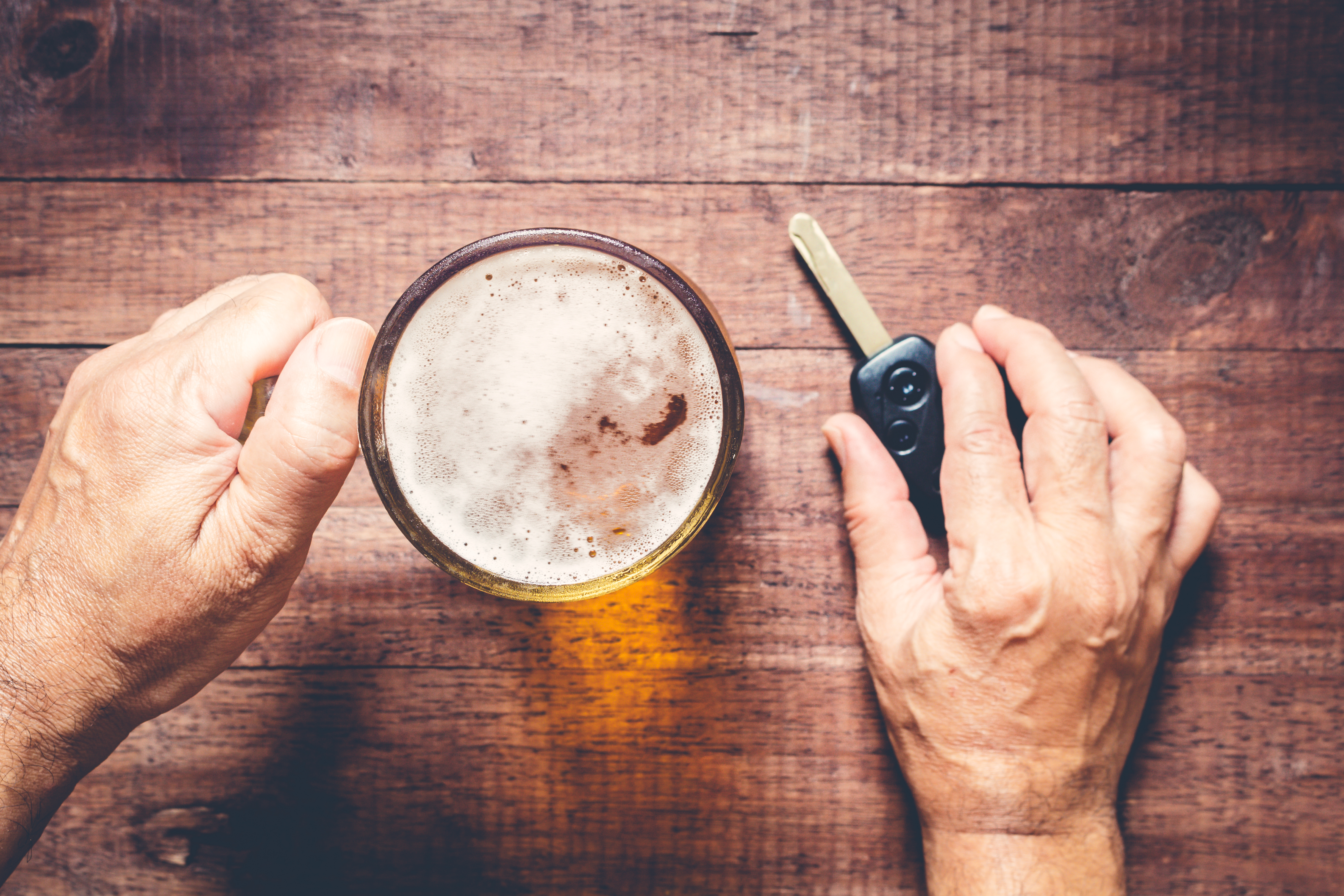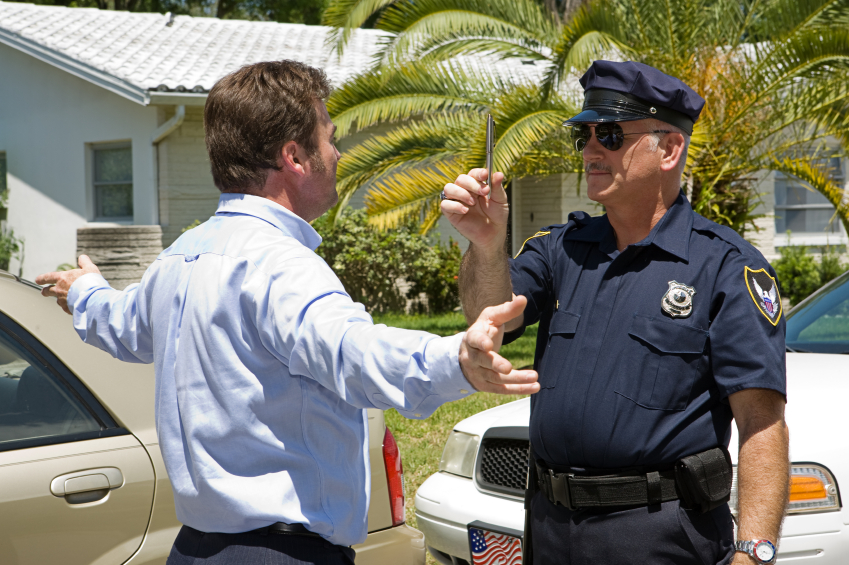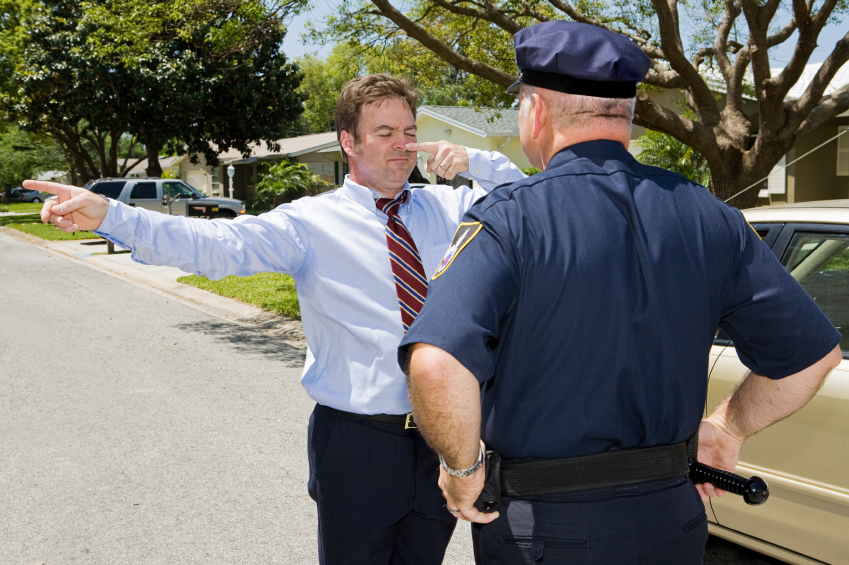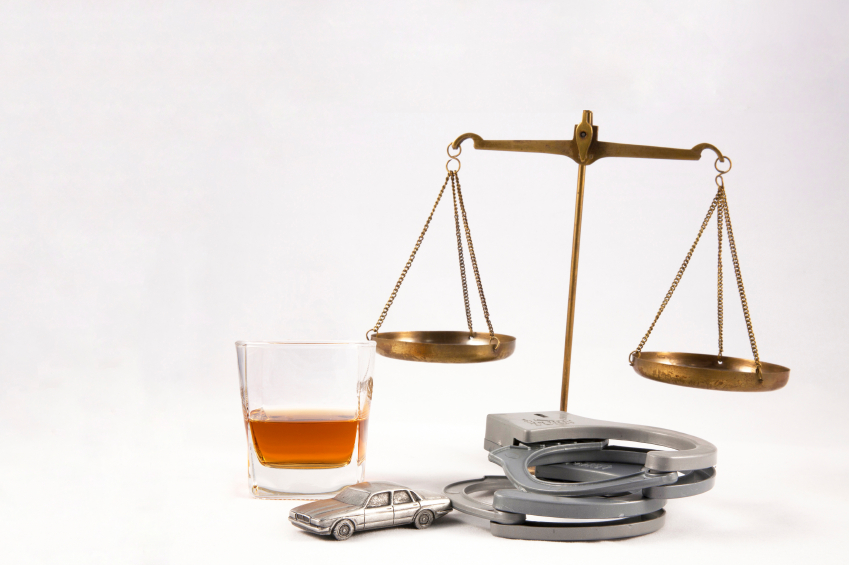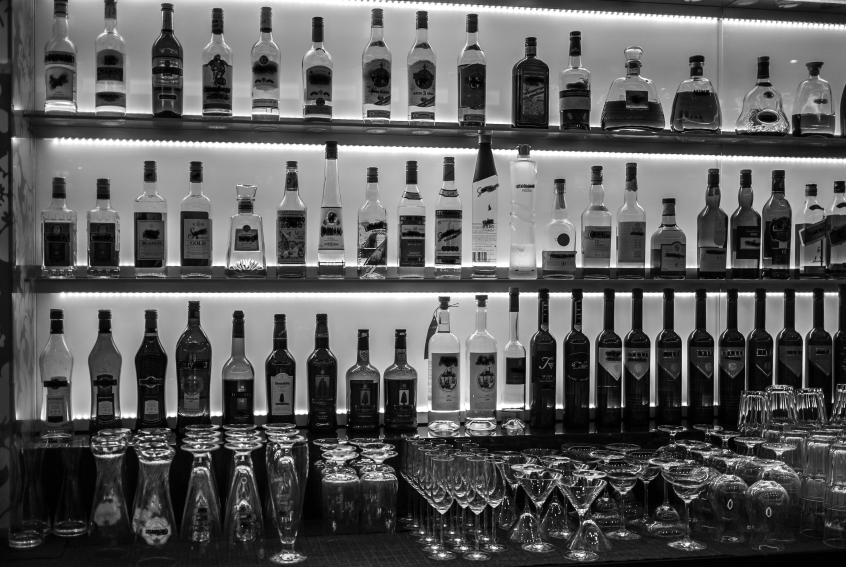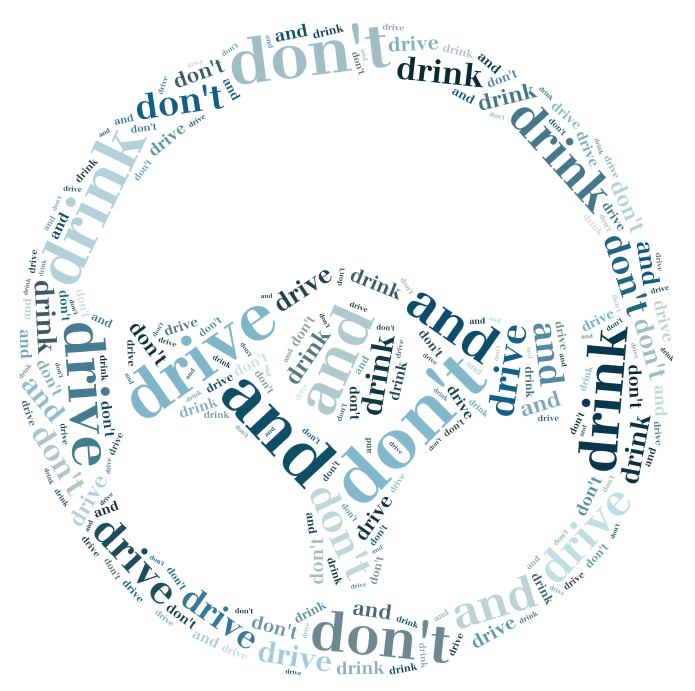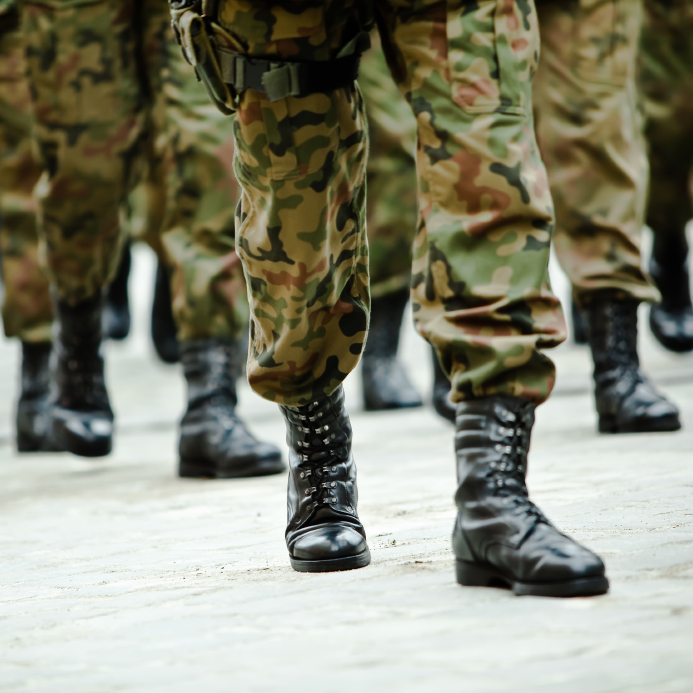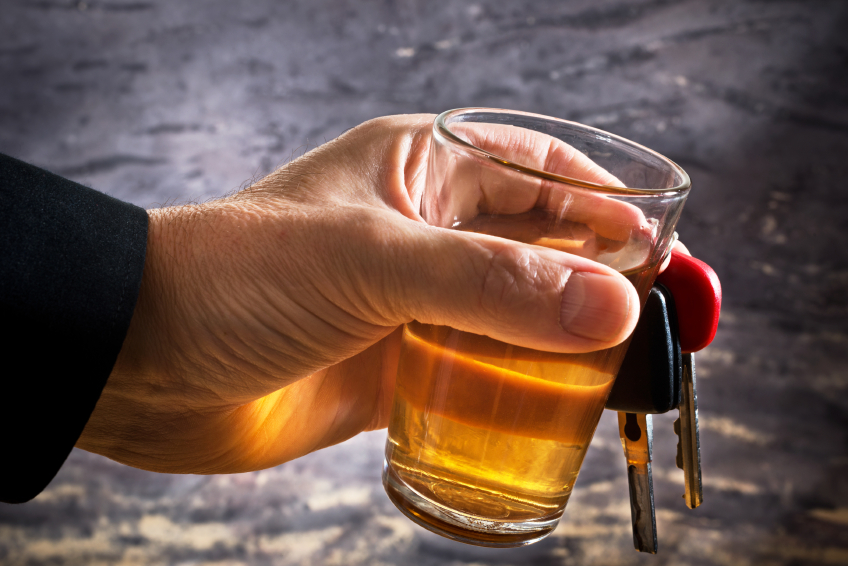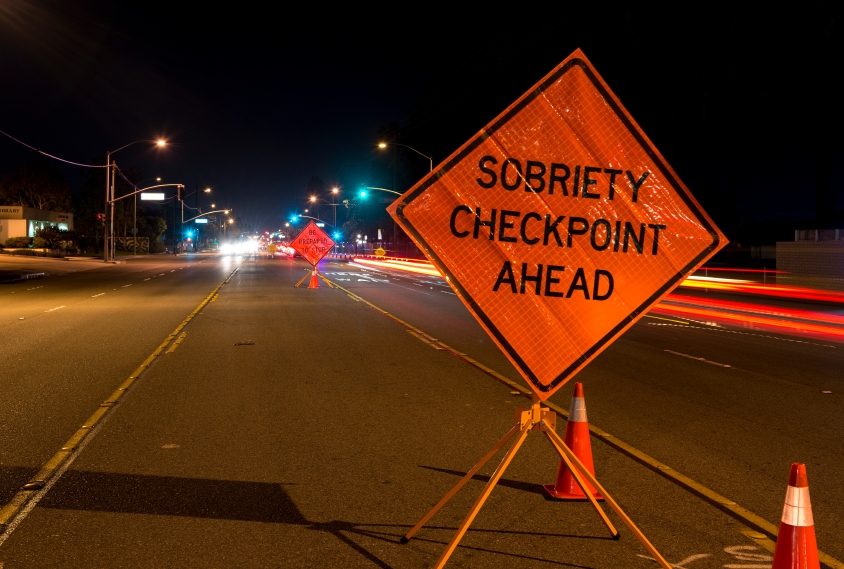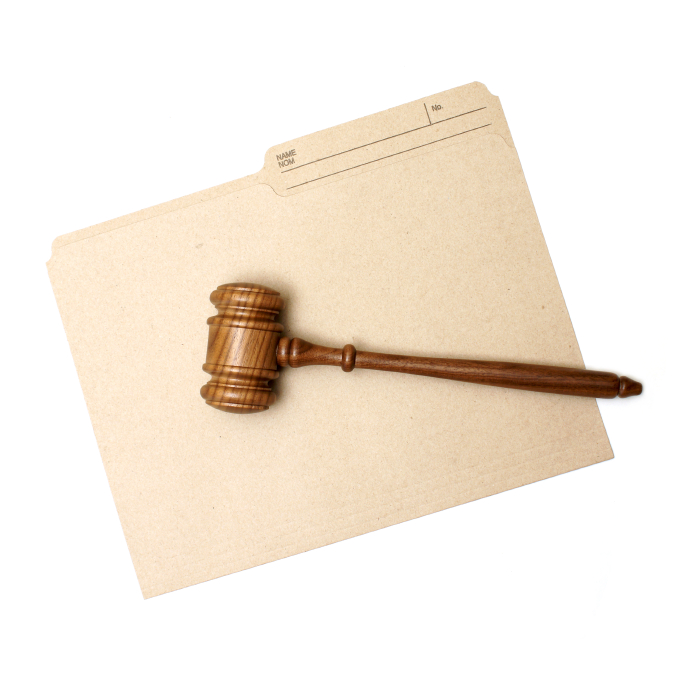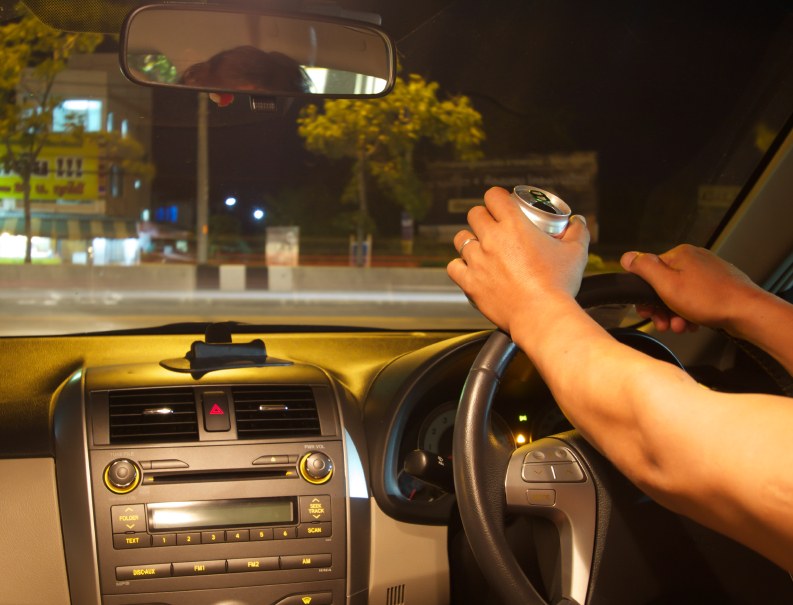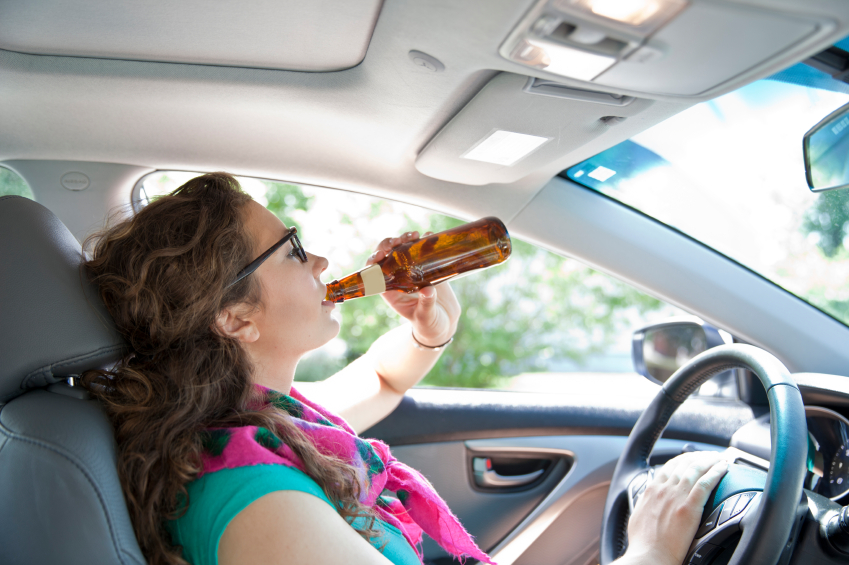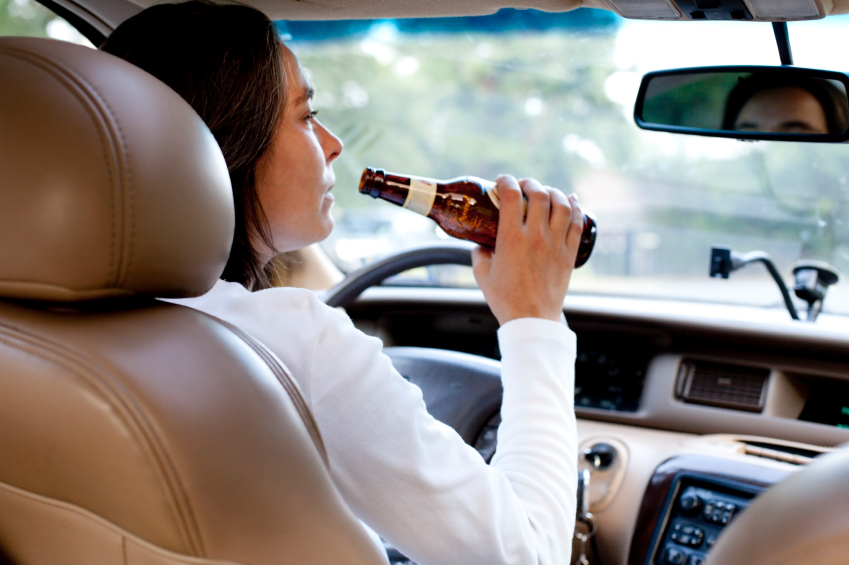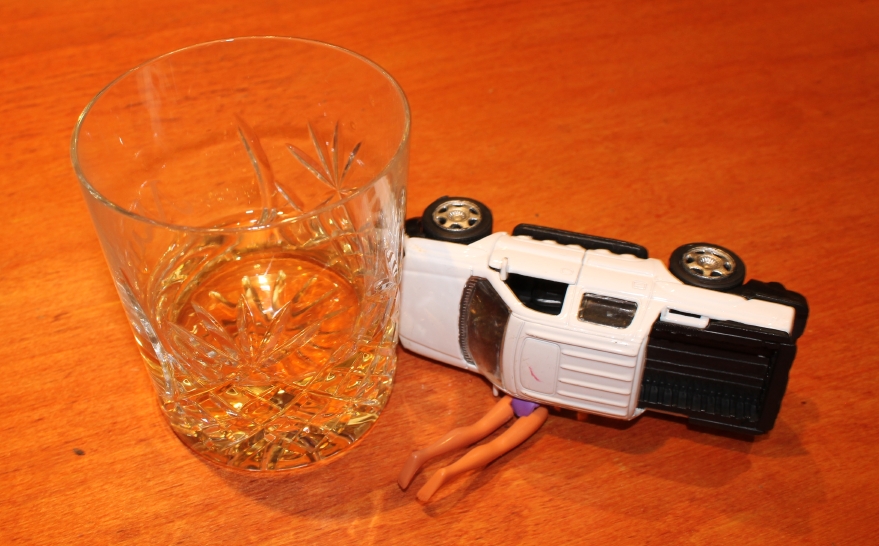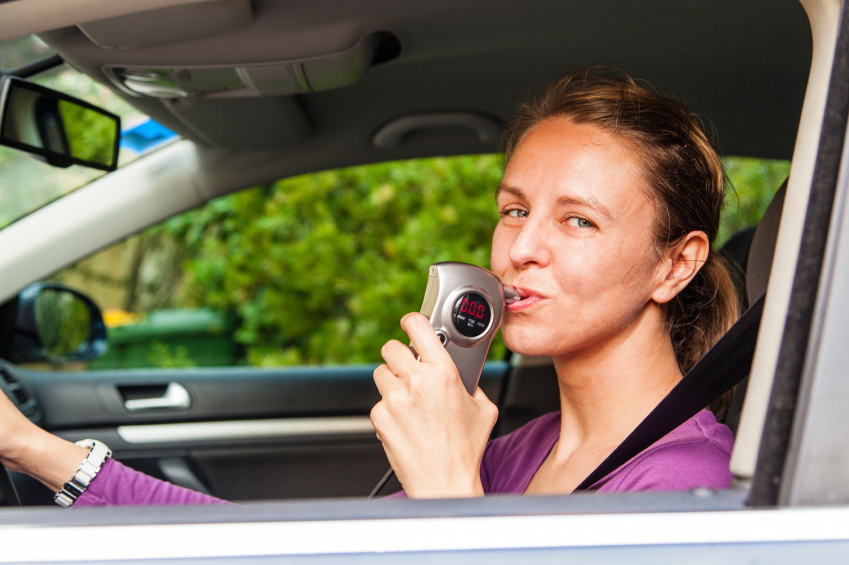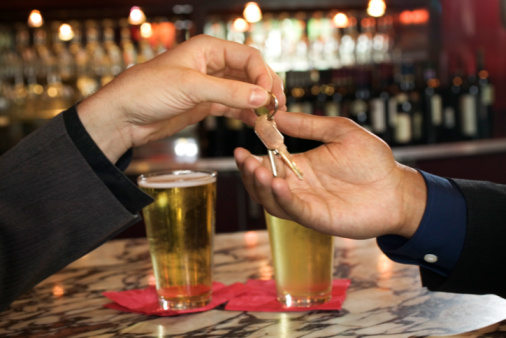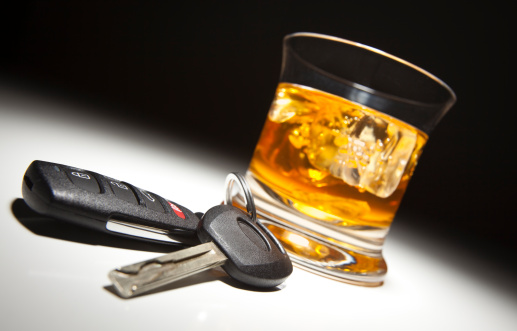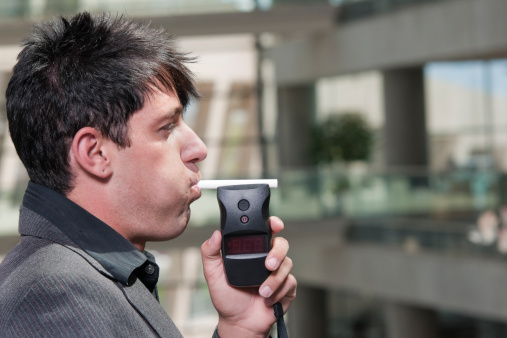
Can a Defendant Contest Breathalyzer Results?
The breathalyzer, known as a breath-test device, is routinely used by law enforcement in North Carolina to determine if a motorist is under the influence. Law enforcement’s prevalent use of the device makes some defendants believe they cannot contest breathalyzer results.
If a high BAC comes back, prosecutors use the breathalyzer’s evidence to prove the DWI charges in court.
Over the past few years, these devices have become the center of a heated debate. One side claims that they are more than accurate, while another side feels that the breathalyzer is inaccurate.
To contest breathalyzer results, a defendant would need first to understand how the device works, what could lead to a contestable error, and the likelihood a contest will result in a positive outcome.
How the Breathalyzer Works
When you drink, the alcohol is absorbed into your bloodstream. Naturally, taking a blood sample and testing your alcohol concentration via blood is the most accurate. However, your body phases blood through the organs, including the lungs. As that alcohol-saturated blood enters your lungs, it escapes through your exhalation.
Known as “breath alcohol,” your exhalation contains alcohol molecules hidden to the naked eye. A breathalyzer device is made to detect and measure these particles to estimate your blood alcohol concentration (BAC).
The keyword here is “estimate.”
The only true way to determine a person’s BAC is a blood sample. Therefore, the breathalyzer uses a unique algorithm to calculate your estimated BAC based on your breath
The Margin of Error
There is a known margin of error with these devices. In one study published in the Journal of Forensic Science, the breathalyzer results were lower than the blood results 61 percent of the time and higher than the blood results six percent of the time.
Every manufacturer will have a margin of error established for their device. For example, the manufacturer lists their margin of error at 0.1 percentage points. Therefore, if your BAC reads as 0.08 percent, then the actual could be 0.07 percent or 0.09 percent.
The Issue of Calibration
To be accurate, a breathalyzer must be frequently calibrated. However, every state has their laws on how and when this is completed. In North Carolina, law enforcement utilizes the EC/IR II. This device is not portable; therefore, if the officer suspects you are drinking and driving, they can have you go to the station for a breathalyzer test.
The device is monitored by Forensic Tests for Alcohol Branch of North Carolina Health and Human Services, and they provide all training and equipment. Therefore, they are responsible for monitoring and calibrating the device. The publish all instrument maintenance and periodic testing on their website. Therefore, a criminal defense attorney can quickly obtain the records for a device and see if the calibrations were performed correctly.
Partner with a Qualified Criminal Defense Attorney to Contest Breathalyzer Results
If you are arrested for a DWI in Raleigh, and the case relies solely on the breathalyzer test conducted at the police station, you may have grounds to challenge the evidence. However, you need assistance from a criminal defense team.
DeMent Askew will contest breathalyzer results. We aggressively fight for our clients’ rights, and we will ensure that only credible evidence is used against you. Furthermore, we will help mount a defense to your DWI charges and seek the best possible outcome.
Contact our offices now at 919-833-5555 to schedule a no-obligation meeting with an attorney, or inquire online.

